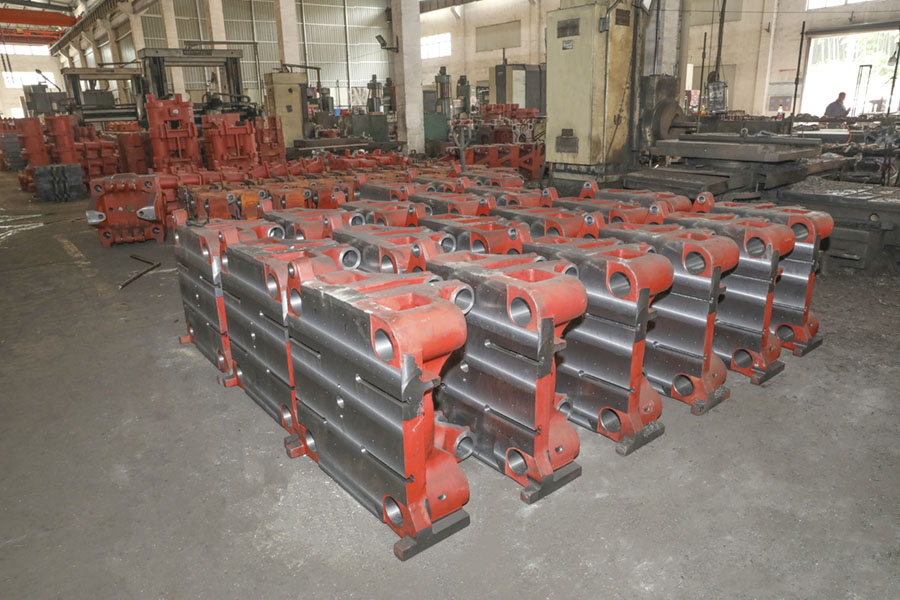The injection molding process is one of the most popular and common ways to manufacture plastic parts. It is a highly automated and fast process that can produce a large volume of products at a low cost and high efficiency.
Unlike other molding processes, which often require several iterations of mold tooling to achieve perfect results, injection molds are able to produce parts with extremely tight tolerances. This is because the molds are pressed tightly together during the injection cycle, and because they are so accurate it is possible to include small details into the part's design.
Plastic is injected into the mold cavities from a nozzle that is located directly aligned with the front mold half. Usually, this type of injection is accomplished by using a reciprocating screw that melts the plastic pellets and transfers them through its barrel to the nozzle.
To prevent a backflow of the molten plastic, it is transferred through another barrel that has a plunger. In addition to the plunger, a hydraulic cylinder supplies pressure that is used to push the molten plastic through the screw barrel and into the mold cavity.
Clamping System
The clamping system, which is located on the far side of the injection molding machine, consists of a moveable platen and a stationary platen that are connected by a movable plate that opens and closes the mold. The moveable platen is actuated by a clamping motor and exerts sufficient force to hold the moveable platen and the mold halves tightly shut during the injection cycle.





 English
English عربى
عربى Español
Español








